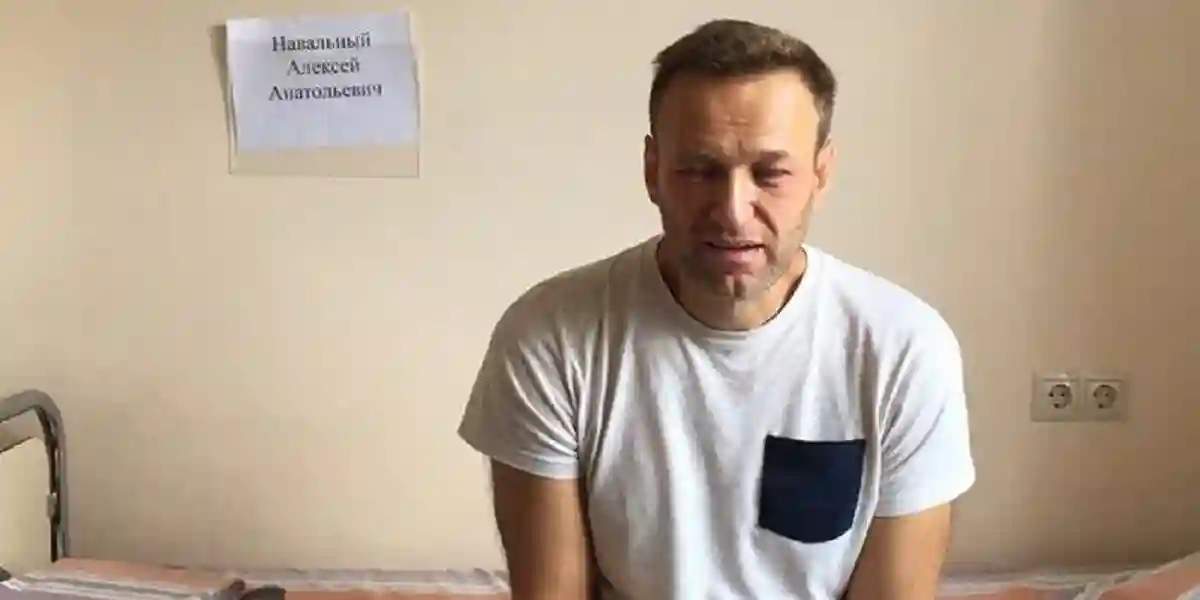Russia’s prominent opposition leader, Alexei Navalny, has died while imprisoned in an Arctic Circle jail, according to the prison service. Navalny, known as President Vladimir Putin’s fiercest critic, was serving a politically motivated 19-year jail term. He had been transferred to one of Russia’s harshest penal colonies in late 2023. The prison service in the Yamalo-Nenets district stated that Navalny fell ill after a walk on Friday, losing consciousness shortly afterwards, BBC reported. Despite the immediate response of emergency medical personnel, resuscitation attempts were unsuccessful. Navalny’s cause of death is currently under investigation.
Navalny, aged 47, was seen alive and in good spirits during a court hearing just a day before. His mother, who had visited him in prison on February 12, stated that he was alive, healthy, and happy. She said:
I don’t want to hear any condolences. We saw him in prison on 12th [February], in a meeting. He was alive, healthy and happy.
Navalny’s lawyer and close aide have expressed shock and are awaiting further information.
International reactions poured in soon after the prison service announced Navalny’s death. France highlighted his sacrifice in resisting Russian “oppression,” while Norway held Russian authorities accountable for his demise. US Secretary of State Antony Blinken, attending a security conference in Munich, called attention to the weakness and corruption within Putin’s system and placed responsibility on Russia for Navalny’s death.
Navalny’s return to Russia in January 2021, following a poisoning incident with a Novichok nerve agent, marked a bold move against Putin’s regime. He had been barred from running in the 2018 presidential election and was subsequently arrested upon his return from Germany, where he had received medical treatment. Navalny’s opposition to Putin’s rule began as an anti-corruption campaign. His death follows a pattern of prominent Russian figures who have faced fatal consequences while challenging the Russian president’s authority.
Navalny’s imprisonment was met with concerns about his well-being, although he consistently downplayed them. Despite being moved to different penal colonies, including his final location in the Arctic town of Kharp, Navalny maintained that his conditions were better than before. However, he faced repeated punishments, including solitary confinement, during his time in prison. Human rights activists have criticized the detrimental effects of prolonged isolation on his health.

